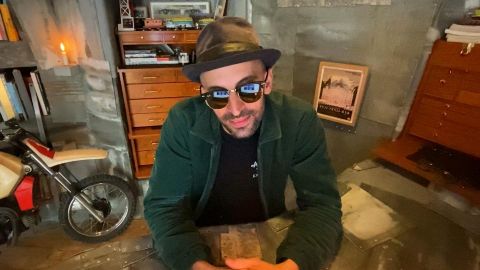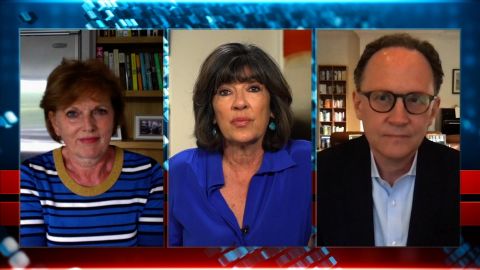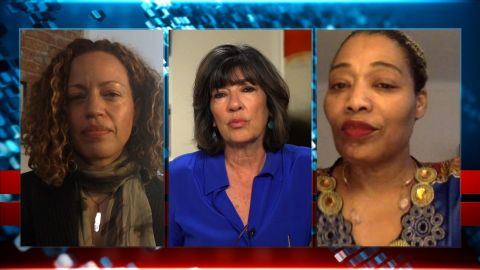Read Transcript EXPAND
DREW DIXON, MUSIC PRODUCER AND WRITER: No, it was not easy to make the decision to come forward. When I first began to hear about the #MeToo Movement as it sort of manifested itself in 2017 with the allegations against Harvey Weinstein, I was amazed and grateful that the women who were coming forward were being believed and heard and seen and that the conversation was centering their stories and then working from there in terms of investigations and sort of rigorous journalism that followed. I also never imagined that that would happen and I certainly never imagined that the conversation would expand to include black women. I’ve always been very aware that the story of white women in this country at least began sort of on a pedestal, however illustri (ph) that pedestal is. Whereas the story of black women in this country began on a slave auction block. So, I never even imagined really that I was going to be a part of that conversation. And in some ways, I was relieved, I was raising money for a start-up which was very hard as a black woman. And when Brett Ratner was accused, I started to feel that this might actually force me at a certain point to make a choice because Brett Ratner and Russell Simmons are very close. And then Russell Simmons was accused by Keri Claussen Khalighi and another woman and then Russell called them liars. And that’s when I went to “The New York Times” off the record to tell them my story hoping that it would spur an investigation that might yield another woman who was willing to come forward. And then Jenny Lumet came forward and Russell called her a liar. And it occurred to me that it was incumbent upon me to come forward not just to support the women in general but to make sure that black women did not miss out on this opportunity to be seen and heard because I frankly didn’t know how long it would last.
CHRISTIANE AMANPOUR: So, since you bring up Russell Simmons immediately, I need to read out his statement, which we received in preparation for this interview. And of course, you have accused him of rape and I am going to read this. Please note, these stories are 25 to 40 years old and I am ashamed of my past having been a massively unconscious playboy, today, more approximately titled womanizer. But I cannot accept blame for that which I have not done. I have never been violent or forced myself on anyone. To demonstrate this, I have taken nine prosecution grade lie detector tests, seven of these tests administered by the chairman of the California Polygraph Association. I’m grateful for the women’s movement and its intended results, which include a brighter, more inclusive and safer world for my daughters and all women in the future.
About This Episode EXPAND
Christiane speaks with Mark Landler and Anna Soubry about the UK government’s missteps in handling COVID-19. She also speaks with Drew Dixon and Joan Morgan about “On the Record,” a new documentary that chronicles allegations of sexual assault against hip hop mogul Russell Simmons. Hari Sreenivasan speaks with the street artist JR about why this pandemic is inspiring him even more.
LEARN MORE


